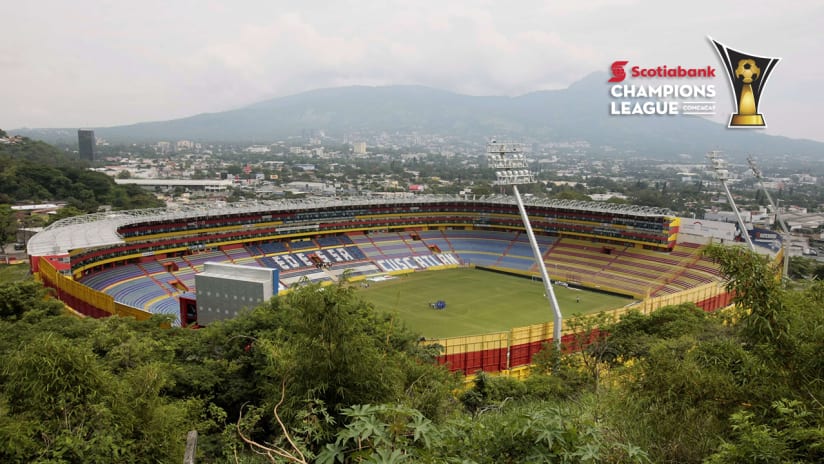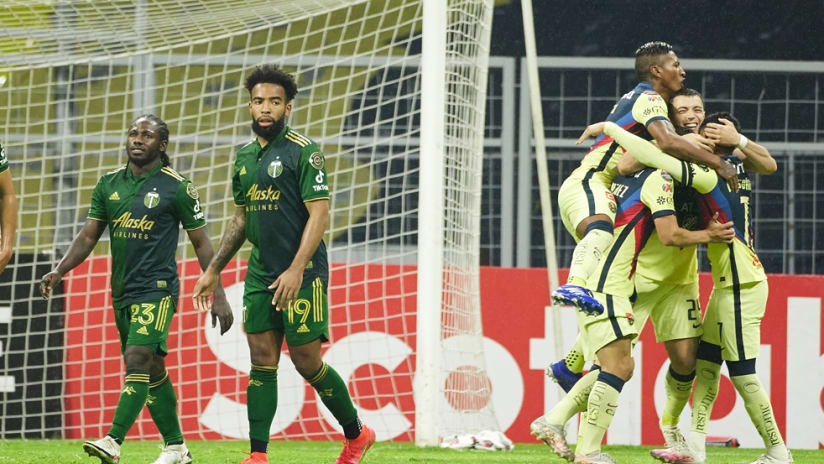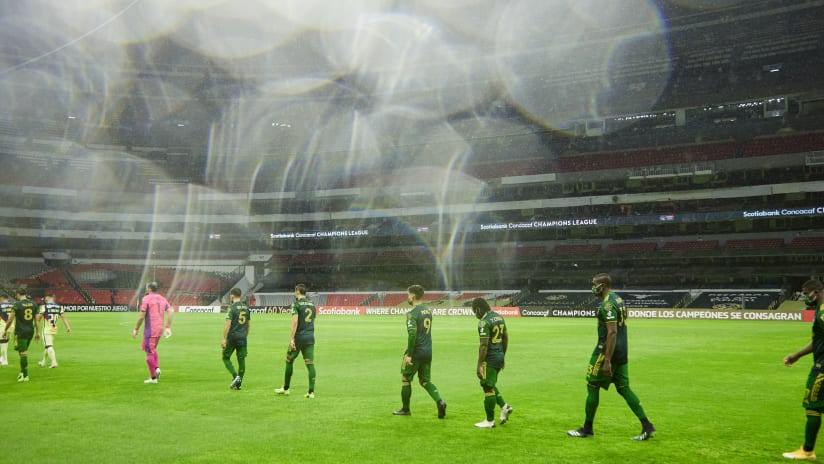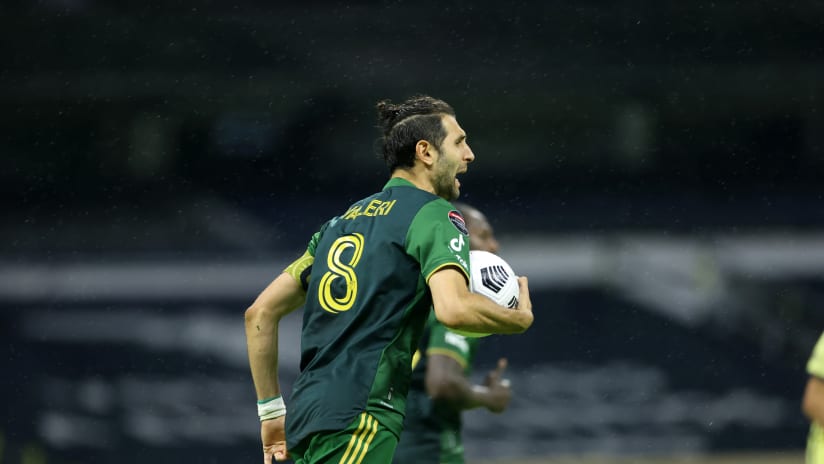On Tuesday, the Portland Timbers will face CONCACAF Champions League Group B opponent C.D. Dragón in San Salvador, El Salvador (7pm PT, CONCACAF Facebook).
While there, the Timbers will likely discover a country whose fortunes on the soccer pitch have swerved dramatically over the past 30 years. El Salvador, eliminated earlier this month from qualification for the 2018 FIFA World Cup, has failed to qualify for that tournament every cycle since 1982.
Yet Dragón will still provide the Timbers with a stern test at home. This is a team that, despite having lost several of its players after the first match against Portland, managed a scoreless draw against Costa Rica's Deportivo Saprissa.
Back in the 1970s, however, this small Central American nation's soccer culture was bustling with activity. Two Salvadoran clubs won what was then called the CONCACAF Champions' Cup in 1976 (C.D. Águila) and 1979 (C.D. FAS) as a vibrant street soccer culture took root in the cities and huge crowds packed the nation's stadiums for club matches.
Former U.S. international, member of USMNT’s 1994 FIFA World Cup team and native of El Salvador Hugo Pérez remembers that time with a genuine fondness.
“I went to school, played soccer in school, played soccer at recess, came back home [and] played soccer after lunch, played soccer after dinner, hung around with my friends, went to the stadium,” Pérez recalls. “The passion of being able to play eight to 10 hours of soccer all day in the street was great.
“Soccer was my life. Soccer was everything growing up [in El Salvador].”
Pérez hails from a long line of professional soccer players, including his grandfather, father, uncles and cousins. That generational soccer culture – often passed down from father to son – has managed to survive the 13-year Salvadoran Civil War as well as the local drug wars currently ravaging the country.
It's difficult to overstate how much that civil war affected El Salvador. By the time peace agreements were signed in 1992, the nation's economy teetered while a war-weary nation tried to heal its collective wounds. All of this turmoil has taken its toll on the country's soccer culture as well.
“The infrastructure has been broken and obviously our country went to war,” Pérez explains. “That destroyed a lot of things. And new people have come in, taken over soccer, that are probably not the right people.”
But the changes to El Salvador's soccer culture have as much to do with the country's troubled past as it does with the world we live in today. Technology like computers and video games, Pérez argues, have kept kids from playing impromptu soccer games in El Salvador and around the world.
“In the 70s, you went to different neighborhoods [and] you would see kids playing football day,” he says. “Now it's different. Now we don't have fields like we used to have – little fields in every neighborhood. Those are gone.
“The culture has changed.”
The stadiums too, which were once packed with 30,000 and sometimes 40,000 fans, now attract only fractions of that amount for all but the most important national team games.
“The product is not as good as it was in the 70s or 80s,” Pérez says of El Salvador's club soccer. “We haven't qualified [for the World Cup] in more than 30 years so people lose hope in certain things...[Salvadorans] just want to see something different and obviously clubs are struggling right now financially to pay players, to bring players from abroad. That's why you don't see stadiums full.”
Even today, though, you can go to any match in El Salvador and you will soon realize that soccer fans there have never lost their knowledge and understanding of the game.
“You go to a game in El Salvador and you understand the language and you're sitting behind two people, they'll be yelling and screaming, 'Why don't you pass the ball correctly? Why did you dribble? Why are you playing this system? This system should work!' And this and that,” Pérez says. “That's when you realize this culture understands the game.”
While hopes of international success have dimmed in recent years, Pérez, who has worked as a coach for both the U.S. Soccer Federation and the Salvadoran Football Federation, remains optimistic that this once proud soccer nation will one day once again qualify for the biggest soccer tournament in the world.
“I know that there's still good players over there but they don't have the means that we had when we grew up in the 70s to be able to succeed right now. One day it will get better and we'll go to another World Cup.”












